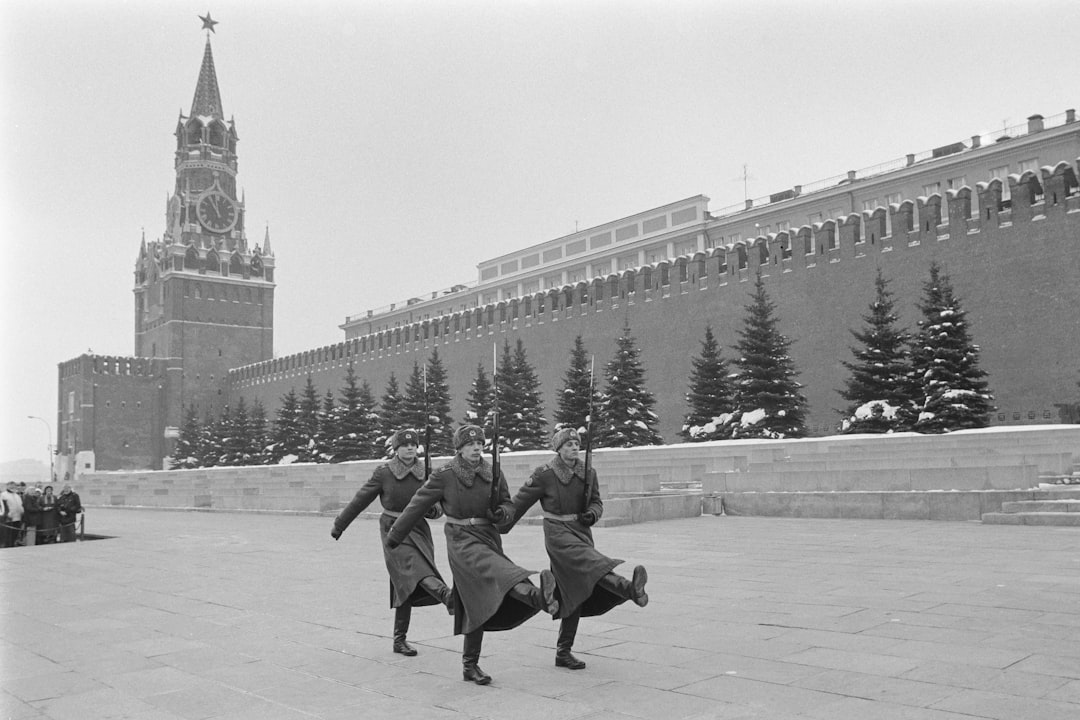Russia under Putin's thumb
How an empire fell apart and was pieced again
Vladimir Putin stated his goal to restore Russian glory when he became President of Russia 21 years ago. Following a decade of wild-west capitalism, corruption, and law-and-order failures, many Russians and international observers hailed his statements as a necessary corrective measure that would improve democracy. However, it is clear that he was thinking about something different two decades later. Putin has started on a mission to re-establish a Russian empire across Europe and Eurasia, having labeled the fall of the Soviet Union as the biggest tragedy of the twentieth century.
Rebuilding the Russian military, modernizing and expanding Russia's nuclear arsenal, reviving and expanding Russian intelligence services and activities, taking control of Russian media outlets, consolidating state industries, and undermining (and now openly crippling) any political opposition to his United Russia party were all central to this project and were visible (though often explained away) even during his first decade. Russia's elections are now manipulated to a large extent.

President Putin's address at the Munich Security Conference in 2007 went a step further, expressing Russia's rejection of the current European security architecture to the rest of the world. By that time, Russia had already announced its withdrawal from the Conventional Armed Forces in Europe (CFE) Treaty, as well as its fierce opposition to NATO plans for theater missile defense, which had been established in collaboration with Russia earlier. For its mainly undesired army presence in Georgia and Moldova, Russia likewise failed to observe the concept of host-nation agreement, and began disobeying Vienna Convention rules on force concentrations, exercises, and transparency. Later, it broke the Intermediate-Range and Shorter-Range Missiles (INF) Treaty and began refusing overflights under the Open Skies Treaty.
Putin has begun to agglomerate former Soviet areas after strengthening Russia's capabilities and establishing a stronger military posture in relation to the West. He has presided over the seizure of Belarus' security and media, the stationing of Russian peacekeeping forces in Nagorno-Karabakh, the seizure of Kazakhstan's security and media, and a significant military build-up that threatens a fresh invasion of Ukraine in the last two years. This comes on top of Russia's unlawful annexation of Crimea and occupation of sections of Donbas in 2014, as well as its takeover of Abkhazia and South Ossetia in 2008 and its long-standing presence in Transnistria.
Russia's draft treaty texts, which it presented to the US and NATO in December, make it clear that it wants to dismantle the European security architecture that has been in place since the 1975 Helsinki Accords and replace it with a Yalta-style division of Europe into a Western and a Russian sphere of influence. The right of nations to select their own security alliances; non-interference in the domestic affairs of other states; the pledge to refrain from the threat or use of force; and recognition that international borders cannot be altered by force are all explicitly challenged by Russia's texts.

These Russian demands will undoubtedly be rejected by the United States and Europe. However, it isn't the purpose. The Soviet Union will celebrate its 100th anniversary on the former Russian Empire's territory in December 2022. Putin is intent on marking the anniversary by establishing a new Russian empire, and he is doing it with armed force, despite Western concerns.
The task for NATO leaders in the months and years ahead will be to come to terms with this new reality. NATO must be prepared to return to a degree of military presence and vigilance not seen in decades if it is to safeguard freedom and security in Europe – and to sustain the hope that states not now in NATO will be able to do so as well. The post-Cold War era is drawing to a close. What follows may not be a new Cold War, but it will certainly not be the time of optimism for peace and security that we have long desired. NATO needs to be prepared.
Credit: Gavriil Grigorov/TASS.


